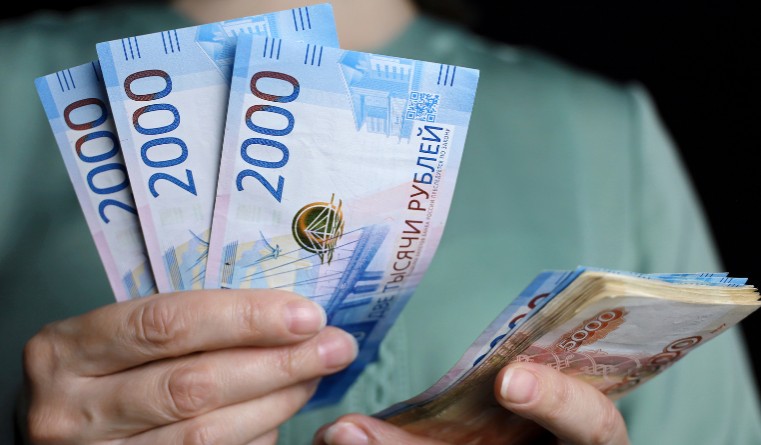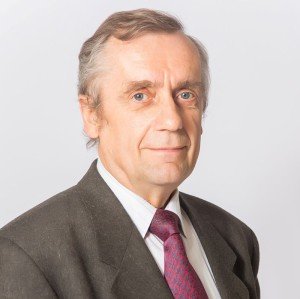Constitutional Court has its say
31 May 2025

Russia’s Constitutional Court was created in order to check whether the laws and other acts of governing bodies conform to the provisions of the Russian Constitution. Once in a while, IP cases also come within the ambit of the Constitutional Court. Every year, the court examines several cases relative to IP. These concern infringement of IP, exhaustion of rights for trademarks, compensation for infringement (not to be confused with damages) and other similar IP cases. The Constitutional Court examines cases important for no matter what cases are examined by any court and IP cases are only part of the whole assortment of cases.
On April 10, 2025, the Constitutional Court adopted Decree No 16-П in response to an inquiry by several deputies of the State Duma, the lower house of the Russian Federal Assembly. The deputies questioned the amounts of government fees when a person goes to court.
Several months ago, amendments were made to Russia’s tax code, raising the fees for filing a lawsuit. The deputies believed that the raised fees create obstacles for the persons applying to courts and thus limit their access to justice because the fees are not commensurate with average salaries of rank and file persons. The deputies also said that amendments to the law regulating payment of fees were made in violation of some procedural rules and thus were unconstitutional.
The Constitutional Court reacted quickly. It stated that there is a lawmaking procedure that should be observed when drafts of laws are going through the necessary stages within the duma. In order to evaluate constitutionality of a law violation of rules affecting adoption of a law is absolutely important.
Amendments completing the bill about increased fees were introduced in the Duma during the second reading. The amendments to the text adopted during the first reading cannot be evaluated as contradicting its concept. There was a parliamentary discussion regarding one of the points in the amendments and it was separately voted during the second reading. The amendment was accepted by majority of votes which means that the required procedure was observed. This does not raise doubts regarding the real will of the legislature. There was a third reading and all MPs supported the amendments. In general, the bills require approval of the government, however, in this case, it was not needed because the bill grew from inside the Duma. This also means that there was no deviation from the required procedure.
Government fees and their amounts are fixed at the discretion of the legislature. With all that, the Constitutional Court is of the opinion that increased fees do not deprive people of seeking justice. The fees had not been increased for almost 15 years. Lawmakers should take into account social, economic and other changes, and adapt fees to the current situation, the court said.
It should be pointed out that even the increased fees are not high. For a private person the fee is now slightly more than US$100, while for a company it is approximately US$600, according to the exchange rate in May 2025.
Even with all that, the law provides guarantees for certain persons whose financial situation is not satisfactory. These measures ensure an equitable balance for people needing to seek justice. Besides, the courts are endowed with the right to curtail a fee or not to collect it at all depending on certain circumstances. The courts are free to consider relief from payment of a fee.
As it happens in any situation the fee changes provoked discussions in the legal community. Some lawyers say that increased fees limit the right of people to initiate court actions; however, given that the increased fees will not break the bank, one may be sure that any person or any company will be in a position to digest these small additional expenses.
The amendments in the tax code concern all kinds of lawsuits. Litigants in intellectual property cases are not, as a rule, financially deprived people and that they will easily absorb the increased fees.








